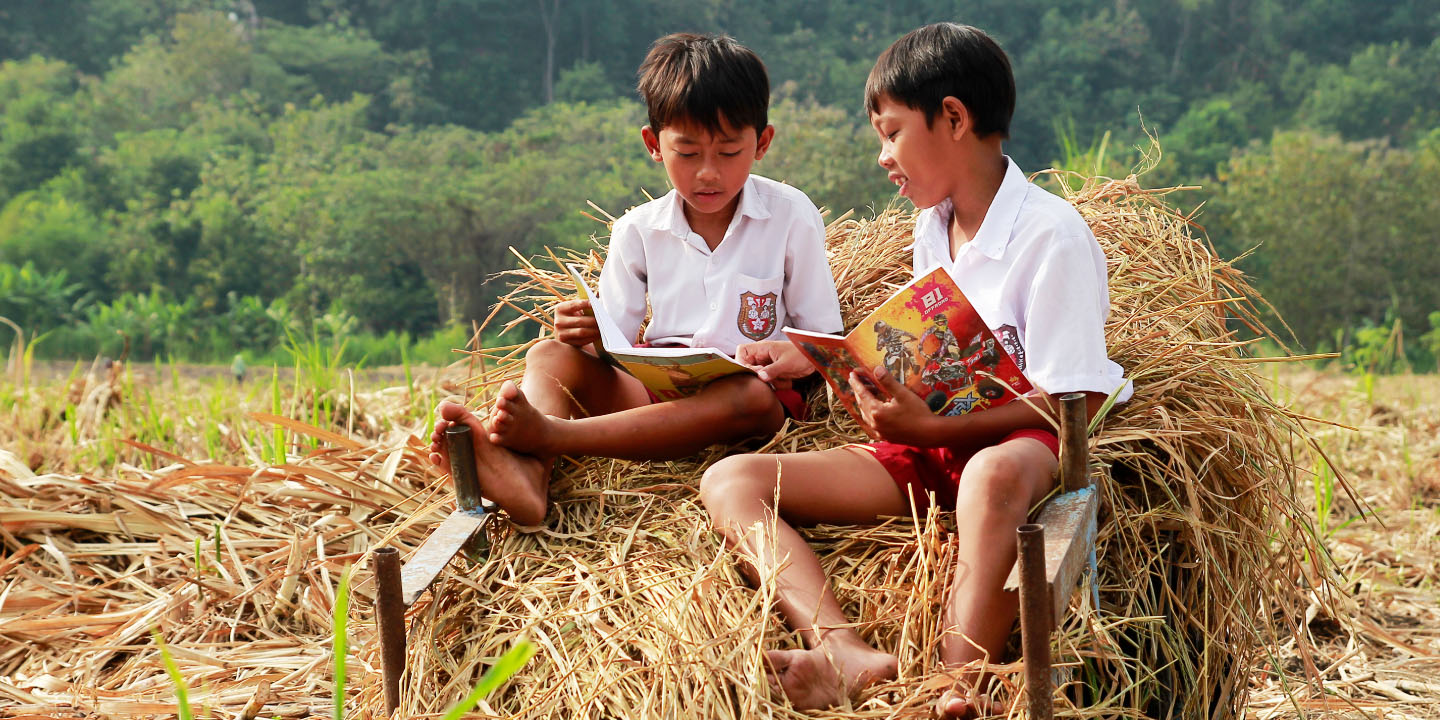
A needs-based early childhood care and development model
Research 8 Sep 2021 5 minute readACER Indonesia is driving improvements in early childhood care and development in Southwest Sumba.
ACER Indonesia is partnering with the William and Lily Foundation and Adaro Bangun Negeri Foundation on a two year project which promises to improve the learning and development outcomes of Indonesian children in early childhood and development centres.
This project will focus on Early Childhood Education and Development (ECED) centres or Pendidikan Anak Usia Dini (PAUDs) in 12 villages. These villages have been selected because their teachers have not received mandatory training from the government and many children have delayed physical development, or stunting.
Following a baseline study, the project will develop, implement, monitor and refine a model for the professional capacity development of early childhood and health workers, and make recommendations for further initiatives or scale up.
The baseline study collected evidence to support the design of targeted interventions. Children, teachers, and health workers in 12 villages, including six ECED centres, were surveyed. The results found that:
- children assessed in this study could correctly answer less than 50 per cent of the questions covering pre-literacy, writing and fine motor skills, pre-mathematics, and executive function
- children and their parents tended to prioritise cultural activities over academic learning.
This low achievement could be due to a lack of engaging learning materials, limited teaching skills of PAUD personnel, and unhealthy teacher-student interaction such as the use of negative verbal language.
Further, the survey revealed the absence of professional development programs. It found that few teachers had participated in professional development activities, such as training and mentoring programs. Hardly any learning materials or professional literature was available for teachers, and a minimum amount of supervision and accountability measures were provided by the district’s supervisor. Teachers’ own domestic matters could have also affected their professional performance, according to the study.
Community healthcare workers (Posyandu) from Integrated Healthcare Centres had limited knowledge of maternal-child health and nutrition. This was attributed to inadequate training and a lack of support from senior staff who did not have the skills
and means to appropriately train their junior colleagues. Other integrated ECED services such as parenting education and child protection services were notably missing and these services were further impacted by the COVID-19 pandemic.
Evidence from the baseline study suggests that any intervention targeting improvements in learning and development outcomes must take into account the cultural needs of the community. This may include developing a culturally responsive adaptation of the curriculum and outcomes framework, training educators to implement culturally appropriate pedagogies, and creating meaningful partnerships with families in the community.
Other recommendations include upskilling ECED teachers so they achieve the competencies required for early childhood care and education, sufficient monitoring and accountability measures for ensuring high standards of teaching in classrooms, and better community engagement through, for example, parenting education and child safety training and services.
ACER Indonesia Director Lani Ganda says, ‘Our efforts in early childhood care and education aim to build a solid foundation for every child, that can be further strengthened across the lifespan. Gains made in the early years improve equity in the later years. In Indonesia and Southeast Asia where many communities are culturally diverse, our intervention will support development of culturally-responsive programs in the region.’
This article was first published in International Developments.